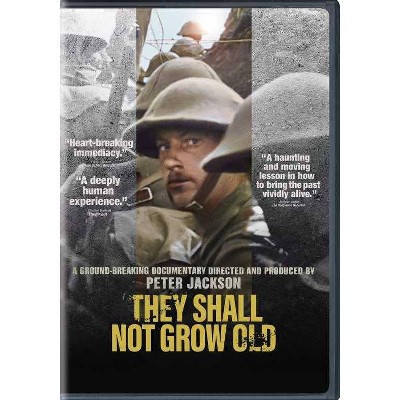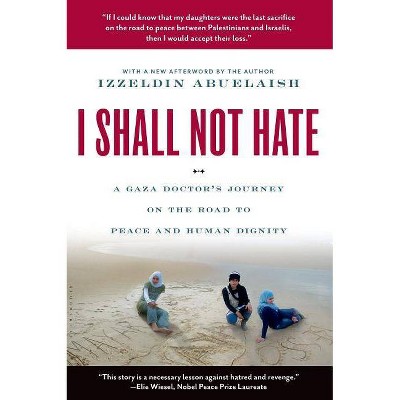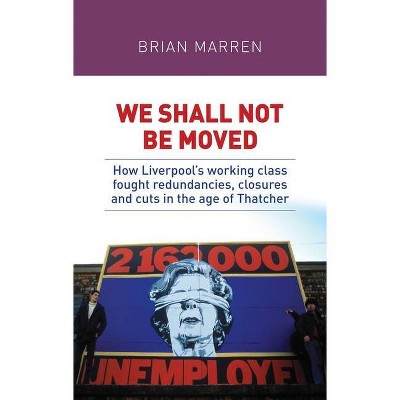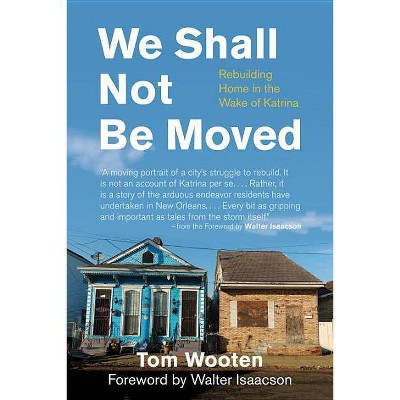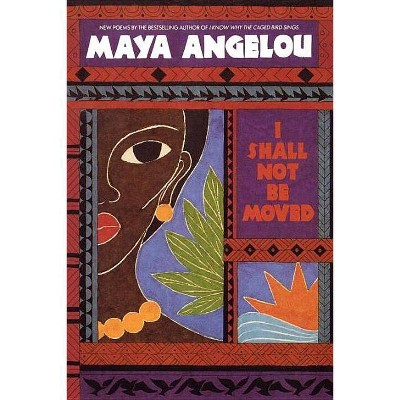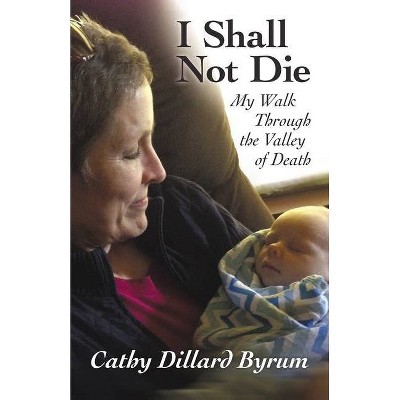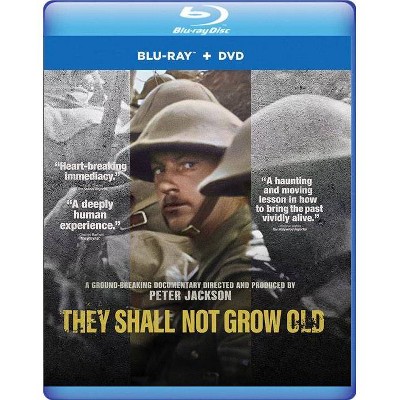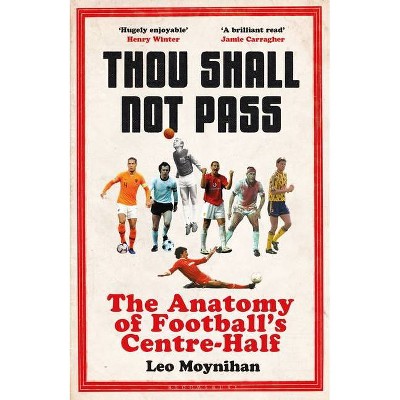"you Shall Not Kill" or "you Shall Not Murder"?" - by Wilma Ann Bailey (Paperback)
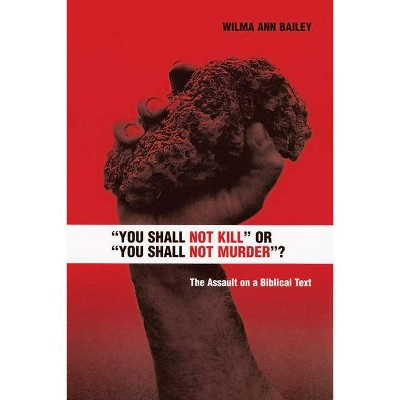
Similar Products
Products of same category from the store
AllProduct info
<p/><br></br><p><b> Book Synopsis </b></p></br></br><p>Nearly all English translations of the Bible during the last third of the twentieth century have changed the wording of the sixth commandment from kill to murder. The Hebrew word that appears in the commandment has a broader semantic range than murder. Wilma Ann Bailey discusses why the Protestant and Jewish traditions changed the wording and why the Roman Catholic tradition did not. She also examines the impact that the wording will have in the future for people who believe that there is no general prohibition against killing in the Hebrew Bible and why questions of killing that are broader than murder 'death penalty and just war 'are no longer part of the discussion of this commandment.</p><p>Chapters are You Shall Not Kill, The Sixth Commandment in Evangelical Protestantism, The Sixth Commandment in Mainline Traditions, The Sixth Commandment in Judaism, The Fifth Commandment in Roman Catholicism, When 'You Shall Not Kill ' Became 'You Shall Not Murder. '</p><p><i>Wilma Ann Bailey, MA, PhD, is associate professor of Hebrew and Aramaic Scripture at Christian Theological Seminary in Indianapolis.</i></p><p/><br></br><p><b> Review Quotes </b></p></br></br><br>. . . will encourage readers to personally decide on what the commandment means. The book will serve as a basis for serious religious and social-justice discussions.<i>Catholic Library World</i><br><br>I found it fascinating to learn how much political and cultural milieus affect translators and readers who interpret biblical texts. One does not have to be a Scripture scholar to profit from this book. Readers will better understand how different religions approach the Bible and historically what has caused them to interpret Scripture as they do.<i>Liguorian</i><br><br>Preachers can help congregations raise voices in favor of policies and practices that aim in the direction of a world in which all can experience fullness of blessing. . . . The author sounds a clarion that can become an agenda for mission for many congregations.<i>Homiletic</i><br><br>This book provides an important resource for reopening this conversation at a time when the world desperately needs it. . . . This timely little book by Wilma Ann Bailey stands up to set the record straight on a topic that could not be more crucial at any time, but especially in these days when claims of moral absolutes abound concerning all kinds of human behavior except the most serious.<i>Review of Biblical Literature Newsletter</i><br><br>This fine book is written in such a way that everyone can benefit from the study.<i>The Bible Today</i><br><br>Baily's book demands a new consciousness. A 'do not kill' translation may not settle the question, but it certainly unsettles the situation as it is now. . . . This this book carries a bracing punch. <i>Christian Century<i><br><br>It is important in the study of the meanings of the value of human life, and the furtherance of non-violence studies.<i>The Australian Biblical Review</i><br><br>This book is fascinating and thought provoking, and the topic could not be more timely.The Catholic Biblical Quarterly<br>
Price History
Price Archive shows prices from various stores, lets you see history and find the cheapest. There is no actual sale on the website. For all support, inquiry and suggestion messages communication@pricearchive.us


